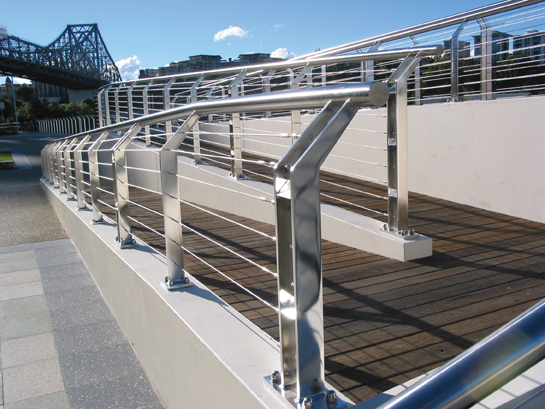Located at One Barangaroo Avenue on the foreshore of Sydney Harbour and opened in 2022, Crown Sydney epitomises luxury with its opulent hotel, world-class casino, signature restaurants and top-shelf bars. At the heart of this luxury, stainless steel plays a crucial role, enhancing both the functionality and aesthetics of the resort.
ASSDA Member and Accredited Fabricator Stoddart was instrumental in delivering a bespoke solution for 136 different food and beverage areas for Crown Sydney. They fabricated, supplied, and installed an extensive range of stainless steel commercial kitchen and food equipment. This included Halton ventilation exhaust hoods manufactured under license




















